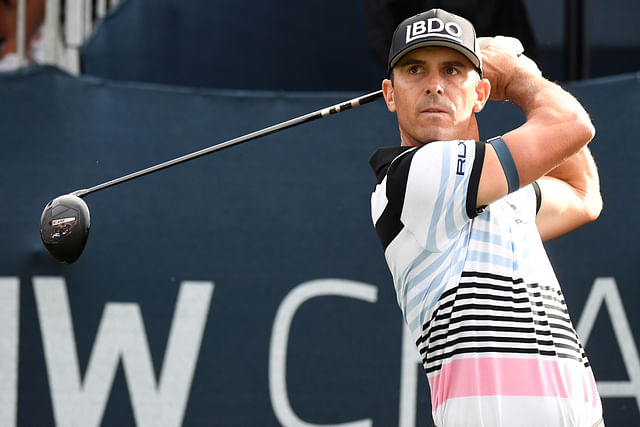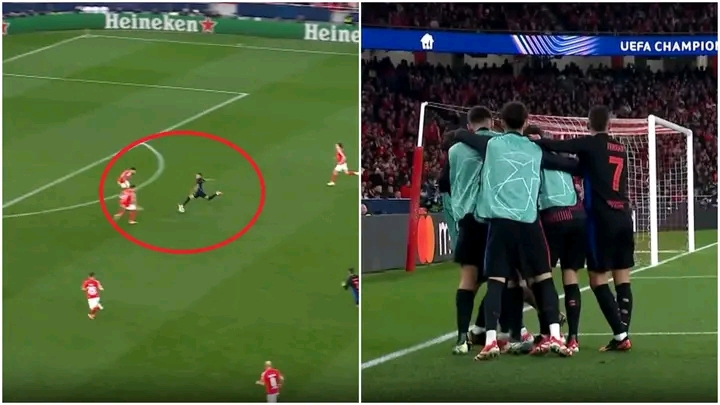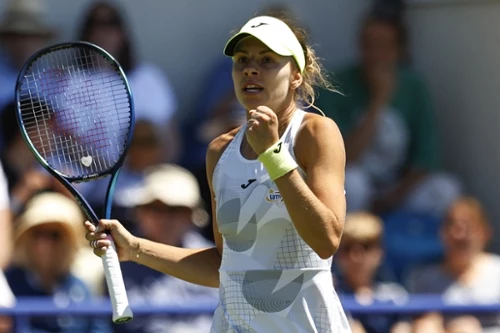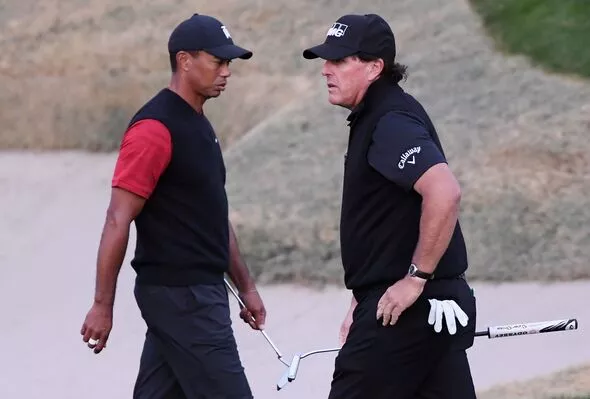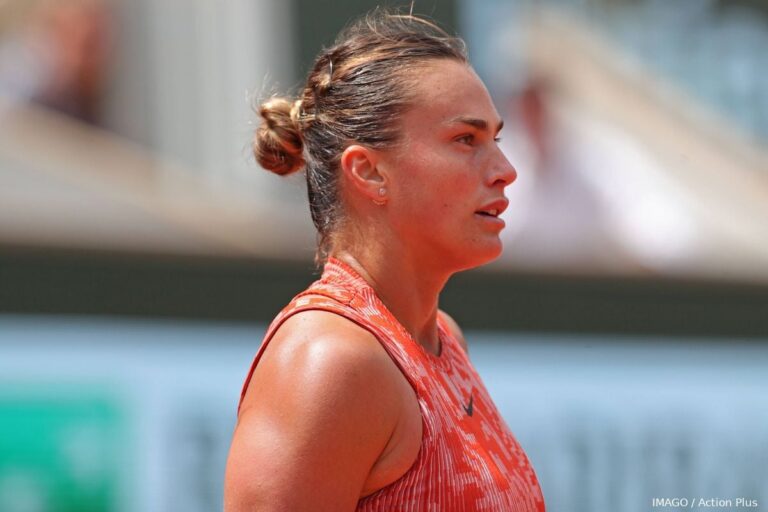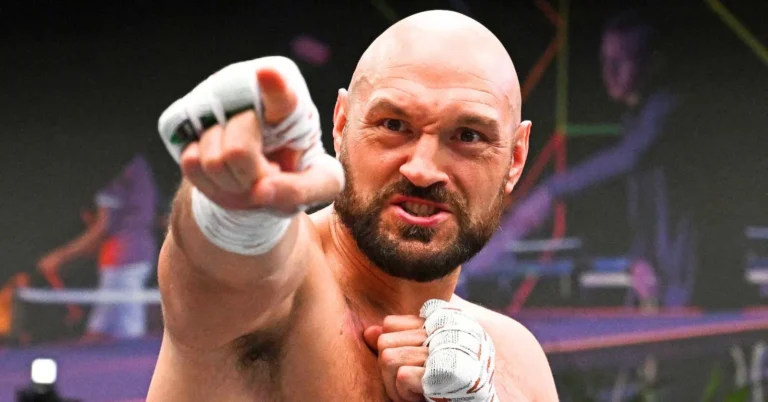Billy Horschel Fires Back at ‘Uncalled For’ Criticism of the PGA Tour Amid Controversial Allegations
Billy Horschel Fires Back at ‘Uncalled For’ Criticism of the PGA Tour Amid Controversial Allegations
In a storm that has swept across the golfing community, PGA Tour star Billy Horschel found himself drawn into a whirlwind of criticism and defense after reports surfaced alleging that the PGA Tour attempted to claw back earnings from players who had lost their membership. This revelation, coupled with the sensitive timing of when it was disclosed, sparked heated reactions among players, analysts, and fans alike. With the controversy reaching its peak on social media, Horschel emerged as a staunch defender of the PGA Tour, addressing the nuances and voicing his frustration over what he believed were unwarranted attacks.
Allegations Take Aim at the PGA Tour’s Treatment of Former Members
The catalyst for this ongoing debate was a story that began circulating on X (formerly Twitter). It suggested that the PGA Tour had allegedly tried to retrieve thousands of dollars from former players—a move that raised eyebrows and triggered a slew of reactions. Critics argued that players were unfairly burdened with tax repercussions following their departure from the tour. A particular aspect of this controversy involved the supposed timing of the notification, which was said to have been sent to players just days before Christmas, giving them little time to prepare or react.
As the report gained momentum, one golf analyst joined the fray, suggesting that the story was worth investigating. However, he cautioned against making premature judgments, hinting that players may have misconstrued the situation. Given that the PGA Tour is based in Florida, which has no state income tax, he argued that certain tax obligations could have arisen due to players’ earnings rather than any direct negligence by the tour itself. Still, the suggestion that the PGA Tour might have delayed informing players did not sit well with many, and the conversation quickly took a critical turn against the tour.
Horschel Takes a Stand
When the accusations reached Horschel’s feed, he wasted no time in taking a stand. Known for his straightforward demeanor, he responded directly, defending the PGA Tour and urging the public to avoid baseless assumptions. In his initial comments, Horschel acknowledged the potential for missteps within any organization, including the PGA Tour. “The Tour has made plenty of mistakes during its history and will continue to make mistakes. No person, business, or entity is perfect or mistake-free,” he said, underscoring his belief that, while errors may have occurred, the allegations lacked context and credible proof.
Horschel went a step further, casting doubt on the idea that the PGA Tour would knowingly withhold such information. In a pointed response to a particularly vocal critic, he said, “I have a hard time believing that. And a comment like that from you, in my opinion, just shows your disdain for the Tour.” By challenging the critic’s assertions, Horschel hoped to quell the rumor mill, emphasizing that while criticism is fair, it must be rooted in evidence, not speculation.
The online exchange soon escalated into a series of back-and-forth replies. Horschel, who has never shied away from sharing his thoughts, continued to argue that the PGA Tour deserved a more balanced view. At one point, he suggested that the tour’s achievements should also be recognized, reminding critics that success stories often go unnoticed in the face of relentless negativity. “Consider praising the tour when it does something good rather than just tearing it down when it does something bad,” he urged. His words aimed to highlight a perceived lack of appreciation for the tour’s efforts, particularly when they benefit players and fans alike.
Reflecting on Rory McIlroy’s Shift in Stance
This latest episode marks just one of several controversies that have embroiled the PGA Tour recently, with the tour’s decision to merge with the Public Investment Fund (PIF)—the financial powerhouse behind LIV Golf—sparking sharp divisions. For months, prominent golfers such as Rory McIlroy voiced strong opposition to LIV, defending the traditional structure of the PGA Tour against what they viewed as an attempt to disrupt professional golf.
However, as the landscape of professional golf continued to shift, so too did McIlroy’s perspective. His change of heart on the merger and his softened stance towards LIV Golf has not gone unnoticed. Horschel, in particular, has shown admiration for McIlroy’s willingness to reconsider his position in light of evolving circumstances. Speaking via Express, Horschel praised McIlroy’s transparency and ability to adapt. “The great thing also about Rory is that he’s always been pretty honest with everyone. He says things as he sees them, and while he’s changed his mind about what is continuing in the bigger picture in men’s golf, I don’t fault him for it,” Horschel remarked.
His comments reflect a broader understanding of the pressures that McIlroy and other top golfers face as they navigate a new era of golf. Horschel expressed genuine respect for McIlroy’s approach, applauding his flexibility in adjusting to new realities in the sport. “There are not many guys in the game of golf better than Rory,” he added, signaling his belief that McIlroy’s perspective embodies both integrity and foresight.
The Merger’s Potential Consequences on the PGA Tour and Its Players
As the merger continues to unfold, the PGA Tour faces ongoing scrutiny and an uncertain future. While the influx of capital from the PIF promises to reshape the landscape of professional golf, it also raises questions about the long-term implications for players who may find themselves facing financial changes, particularly if they lose their tour membership. Financial analysts suggest that the merger’s effects on the PGA Tour’s budget, player contracts, and revenue-sharing models will play a critical role in defining the tour’s new era.
Horschel’s recent interactions illustrate the tensions simmering within the world of professional golf. With the sport at a crossroads, players, analysts, and fans are engaging in deeper conversations about accountability, loyalty, and the future of golf. In standing up for the PGA Tour, Horschel’s words may offer a rallying call for those who believe in the tour’s mission and are eager to preserve its legacy. Whether the tour’s detractors will accept his viewpoint remains to be seen, but one thing is certain: as golf undergoes its most transformative period in decades, Horschel is committed to ensuring that the tour he has long represented is judged fairly amidst the challenges of change.
With many players wondering what lies ahead, Horschel’s call for balance and his vocal support for peers like McIlroy underscore a desire for unity in an increasingly divided landscape. The question remains—will the PGA Tour find a way to bridge these divides, or will the controversies continue to shape the dialogue around one of the most storied institutions in professional sports?
